The world has changed dramatically since the year 2000. From groundbreaking technological advancements to shifts in culture, economy, and global events, these changes have shaped the way we live, work, and interact. Some changes have improved our lives, while others have brought new challenges. Here are 25 major things that have changed since the year 2000.
The Rise of Smartphones

Shutterstock
In 2000, most people relied on simple flip phones or landlines, but today, smartphones are an essential part of life. Devices like the iPhone, introduced in 2007, revolutionized communication, entertainment, and productivity. Apps, GPS, and high-speed internet access are now standard features. This shift has changed how we interact with the world.
The Explosion of Social Media
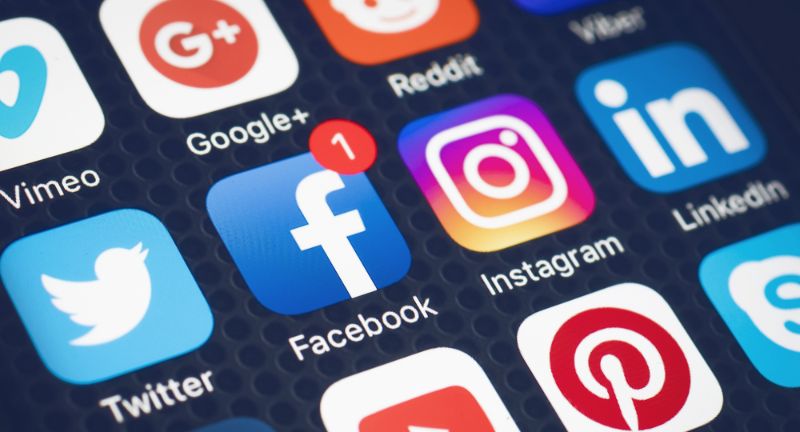
Shutterstock
Social media platforms like Facebook, Twitter, and Instagram have become integral to modern communication and networking. What began as a way to connect with friends has evolved into powerful tools for business, activism, and entertainment. Social media has reshaped how we consume news and engage with the world.
The Shift to Streaming Services
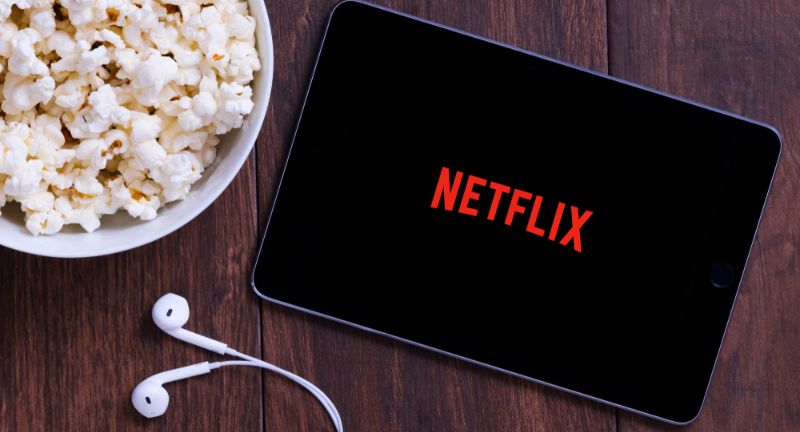
Shutterstock
In 2000, DVDs and cable TV dominated entertainment, but streaming services like Netflix, Hulu, and Disney+ have taken over. These platforms offer on-demand access to movies, shows, and original content. The rise of streaming has changed how we watch TV, giving us greater flexibility and control over our viewing habits.
The Rise of E-Commerce

Shutterstock
Online shopping has grown exponentially since 2000, thanks to platforms like Amazon, eBay, and Shopify. Consumers can now buy almost anything from the comfort of their homes. This shift has transformed retail, leading to the decline of brick-and-mortar stores. Convenience and competitive pricing have made e-commerce a dominant force.
The Growth of Renewable Energy
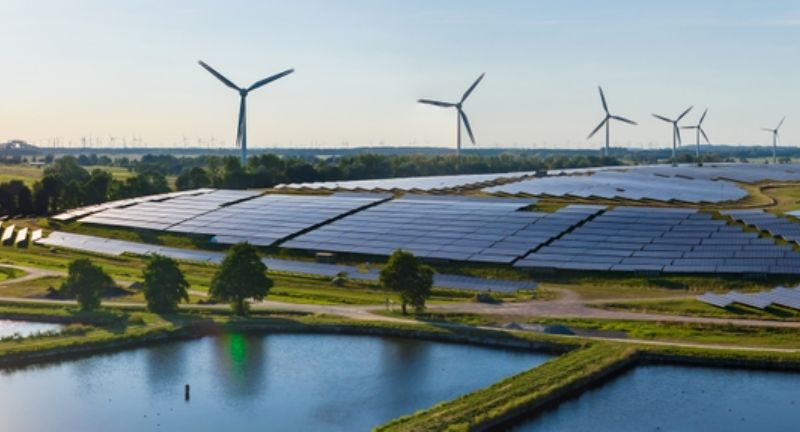
Shutterstock
Renewable energy sources like solar and wind power have gained traction since 2000. Advances in technology and growing environmental awareness have driven investment in clean energy. Countries worldwide are transitioning to sustainable power to combat climate change. This shift is reshaping the global energy landscape.
The Globalization of Food

Shutterstock
Since 2000, access to global cuisines has expanded significantly. International food trends, from sushi to tacos, have become staples in everyday diets. Delivery apps and food trucks have also revolutionized how we experience cuisine. This globalization of food has enriched culinary diversity worldwide.
Advancements in Healthcare

Shutterstock
Medical advancements since 2000, including the development of vaccines like the COVID-19 mRNA vaccines, have saved millions of lives. Innovations in telemedicine and AI have improved diagnostics and access to care. The rise of wearable health tech has empowered people to monitor their health daily. These advancements are reshaping healthcare delivery.
The Spread of Artificial Intelligence

Shutterstock
Artificial Intelligence (AI) has gone from science fiction to everyday reality. AI now powers virtual assistants, autonomous vehicles, and predictive analytics. Its applications span industries, from healthcare to finance, transforming how we work and solve problems. This revolutionary technology is shaping the future.
The Expansion of Space Exploration

Shutterstock
Space exploration has accelerated with advancements in private spaceflight. Companies like SpaceX and Blue Origin have launched commercial space missions, while NASA has pursued deep-space exploration. The discovery of exoplanets and Mars rover missions have fueled interest in the cosmos. Humanity’s reach into space continues to expand.
The Transformation of Work

Shutterstock
The workplace has changed dramatically since 2000, with the rise of remote work and the gig economy. Technology like video conferencing and project management software has enabled flexibility in how we work. These shifts have redefined the traditional office model, offering more freedom and new challenges.
The Shift Toward Electric Vehicles

Shutterstock
Electric vehicles (EVs) have gone from niche to mainstream since 2000, thanks to advancements by companies like Tesla. Increased environmental awareness and government incentives have driven EV adoption. Charging networks have expanded globally, making EVs more accessible. This shift marks a significant change in the automotive industry.
The Growth of Online Learning

Shutterstock
Online education has transformed how we learn, with platforms like Coursera, Khan Academy, and Zoom making remote learning accessible. The COVID-19 pandemic accelerated this trend, making virtual classrooms a norm. Online learning has democratized education, providing opportunities to people around the world. Flexibility and accessibility define modern education.
The Revolution of Smartphones in Photography

Shutterstock
Smartphones have revolutionized photography, replacing traditional cameras for most users. Advanced camera technologies, like portrait modes and night settings, have made professional-quality photography accessible to everyone. Apps and social media have transformed how we share and consume images. This evolution has reshaped visual storytelling.
The Surge of Cryptocurrency
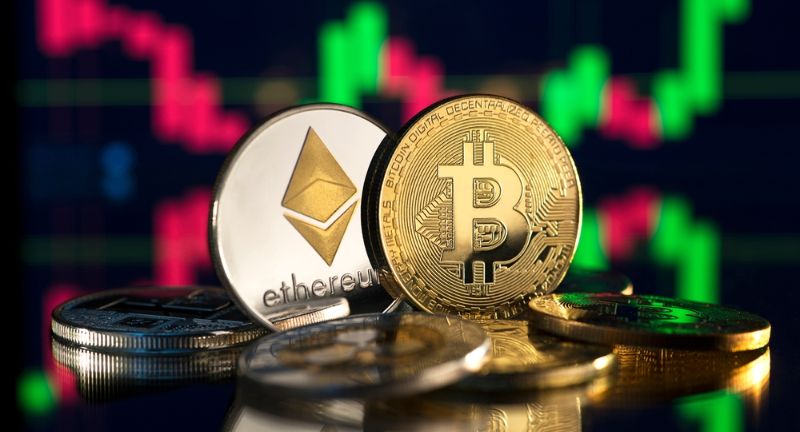
Shutterstock
Cryptocurrencies like Bitcoin and Ethereum have introduced a decentralized financial system since 2009. Blockchain technology underpins these digital currencies, offering transparency and security. Cryptocurrencies are reshaping traditional banking and investment sectors. While still volatile, they represent a significant financial innovation.
The Growth of the Sharing Economy

Shutterstock
The sharing economy, powered by platforms like Uber, Airbnb, and TaskRabbit, has redefined how we access services. Instead of ownership, people now prioritize access and convenience. This shift has disrupted traditional industries and created new opportunities for flexible work. Collaboration and technology drive this economy forward.
The Widespread Use of Cloud Computing
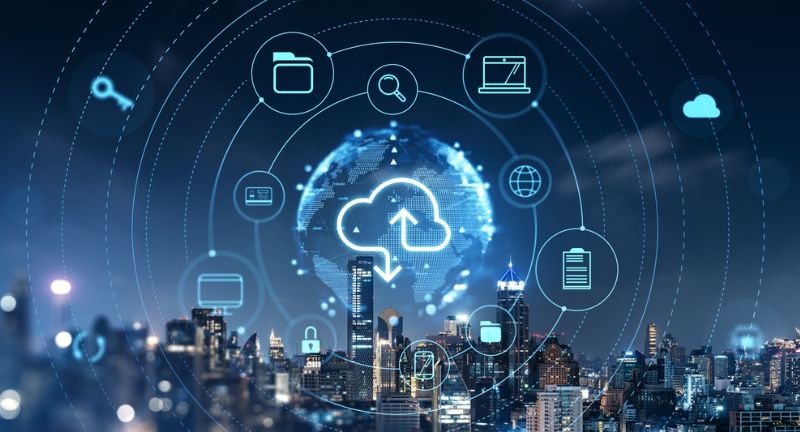
Shutterstock
Cloud computing has transformed how we store and access data, enabling seamless collaboration and scalability. Companies like AWS, Google Cloud, and Microsoft Azure have driven this innovation. From personal files to business infrastructure, the cloud has become indispensable. It represents a shift from physical storage to digital convenience.
The Impact of 9/11 on Global Security

Shutterstock
The 9/11 attacks in 2001 fundamentally changed global security and geopolitics. Increased airport screenings, surveillance programs, and international counterterrorism efforts became the norm. The events reshaped how nations address threats and coordinate security measures. Its impact continues to influence policy and culture today.
The Rise of Influencer Culture

Shutterstock
Social media platforms have given rise to influencers, individuals who shape trends and consumer behavior. From beauty tutorials to travel blogs, influencers have redefined marketing and content creation. Their reach and engagement rival traditional advertising channels. This culture continues to shape how brands connect with audiences.
The Expansion of Gig Work

Shutterstock
The gig economy has expanded dramatically with platforms like Fiverr, DoorDash, and Upwork. Flexible, on-demand work has become a viable income source for millions. This shift offers convenience and autonomy but also raises questions about benefits and job security. It represents a fundamental change in the nature of employment.
Advancements in Wearable Technology
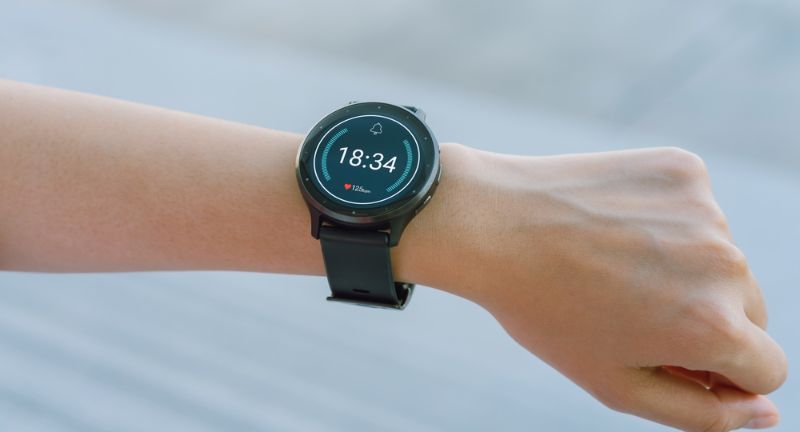
Shutterstock
Wearable technology like smartwatches and fitness trackers has revolutionized personal health monitoring. Devices from Apple, Fitbit, and Garmin provide real-time insights into activity, sleep, and vital signs. Wearables have become essential tools for improving health and productivity. This trend continues to evolve with new innovations.
The Rise of Remote Work

Shutterstock
Remote work, accelerated by the COVID-19 pandemic, has transformed traditional office environments. Technologies like Zoom and Slack facilitate virtual collaboration, offering flexibility and work-life balance. However, this shift also presents challenges like maintaining team cohesion and productivity. The future of work is increasingly remote and hybrid.
The Proliferation of Fake News
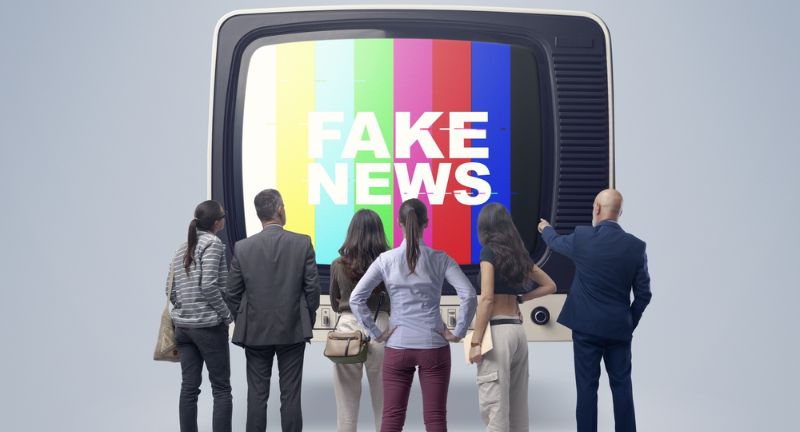
Shutterstock
Since 2000, the spread of misinformation and fake news has become a major concern, particularly on social media. False information can shape opinions, influence elections, and cause widespread confusion. Efforts to combat fake news include fact-checking initiatives and AI-driven detection tools. Media literacy is now more critical than ever.
The Development of Smart Homes
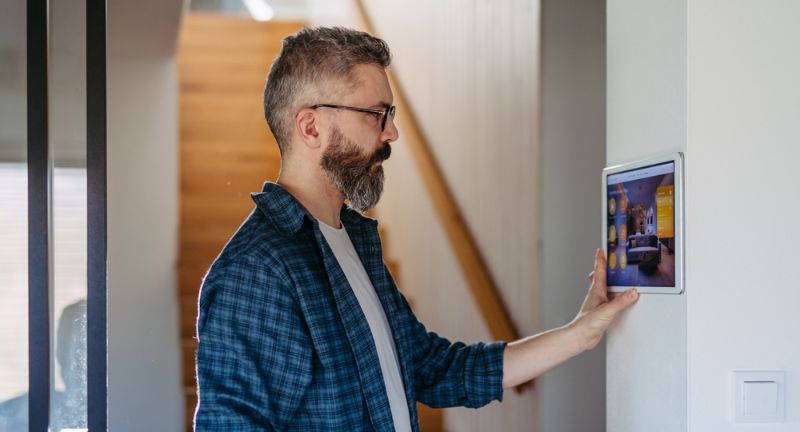
Shutterstock
Smart home devices like Amazon Alexa, Google Nest, and Ring have transformed how we interact with our living spaces. These technologies offer convenience, security, and energy efficiency. From voice-activated assistants to automated lighting, smart homes are becoming increasingly common. They represent a significant shift in home management.
The Expansion of Mental Health Awareness

Shutterstock
Mental health awareness has grown significantly since 2000, reducing stigma and encouraging conversations. Therapies, apps, and support networks are now more accessible than ever. Companies and schools are integrating mental health initiatives into their programs. This progress highlights the importance of emotional well-being in modern life.
The Rise of Virtual Reality
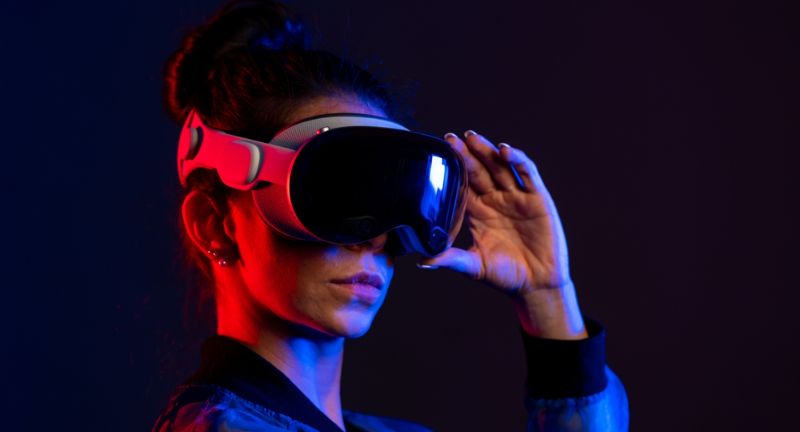
Shutterstock
Virtual reality (VR) has moved beyond gaming into education, healthcare, and workplace training. Devices like Oculus and HTC Vive offer immersive experiences that enhance learning and productivity. VR technology continues to push boundaries, reshaping how we interact with digital and physical worlds. It’s a glimpse into the future of innovation.
Conclusion

Shutterstock
The changes since 2000 have reshaped every aspect of life, from technology and communication to health and culture. While some advancements have brought challenges, many have improved how we live and interact. Reflecting on these transformations highlights how far we’ve come—and how much more change lies ahead. Embracing these shifts is key to thriving in the modern world.


























































